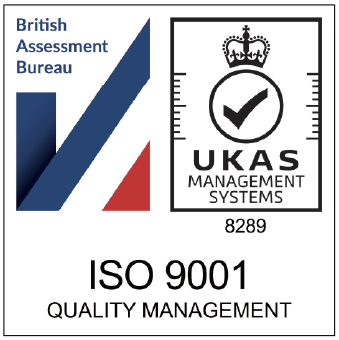After years of planning and negotiations, Brexit is finally here.
Whether you are for it or against it, every business in the UK now needs to be aware of the latest changes when it comes to sending goods to the EU and Northern Ireland from 2021.
We know that this is easier said than done! We recently published a blog outlining some of the key new rules on trade with the EU after Brexit.
Since then, with trade deals now being confirmed, we can offer some more information on what you need to do to send parcels and goods to the EU and Northern Ireland.
Custom declarations are required for all goods and parcels between Great Britain and the EU
One of the biggest changes eCommerce businesses will need to get used to when trading with the EU after Brexit is the need for customs declarations.
VAT will still be levied on all goods being exported to the EU. So, customs declarations will be required in order for goods to clear the border now that the UK has left the single market and customs union.
Customs declarations can be provided electronically and may now be an extra step you need to take in every shipment you make to the EU. This applies whether shipping a large number of goods across the border, or when sending parcels to customers in Europe.
Just to recap, you will need:
- The correct UK EORI number which should now start with the letters ‘GB’
- The sender name, address and contact details
- The recipient name, address and contact details
- Description of the items being sent, including quantities, weight and value
- The country of origin of your goods
- A commodity code for all items being shipped
Remember that you still need to provide any necessary export licenses and follow rules on restricted goods to the country you are exporting to.
Don’t forget, you might also need to allow extra time for shipments and deliveries that now need to clear customs.
Business who can meet the rules of origin requirements
To help businesses transition into the new trade deal, businesses that meet the correct ‘rules of origin’ requirements are eligible for zero-tariff access to the EU.
This is intended to help those with complex supply chains adjust to the new changes, if they can certify that their goods qualify as locally sourced.
In order to provide evidence for this, you must complete the necessary country of origin commercial or pro-rata invoice for your shipment. While businesses will have a 12-month grace period before they are required to complete this paperwork, you still must follow all of the correct rules of origin, or you will be charged a tariff.
It’s your responsibility to calculate and accurately record the goods’ country of origin and provide the correct commercial or pro-rata invoice.
What about shipping between Great Britain and Northern Ireland?
Temporary measures are currently in place when it comes to shipping and moving goods between Great Britain and Northern Ireland until 31st March 2021.
According to the latest government guidelines, there is no change to goods being moved which have a value of less than £135. Great Britain can continue to send goods with no new requirements.
If you are a business in Northern Ireland and receive goods from Great Britain worth over £135, you will need to submit a declaration within three months.
More details will be provided on how goods will be moved between Great Britain and Northern Ireland by 1st April 2021.
If your order fulfilment process needs some support following Brexit, why not contact 3PL for a chat about how we can help?
More eCommerce business advice from the 3PL blog…
How Will Brexit Affect Online Sellers? | Fulfilling Your Customer Orders Post Brexit | The Key Advantages of Using a Third Party Logistics Provider
Speak to 3PL about your order fulfiment
It’s time to supercharge your business and overtake your competitors. Speak to 3PL today and find out how we can take your ecommerce and B2B fulfilment to the next level.


